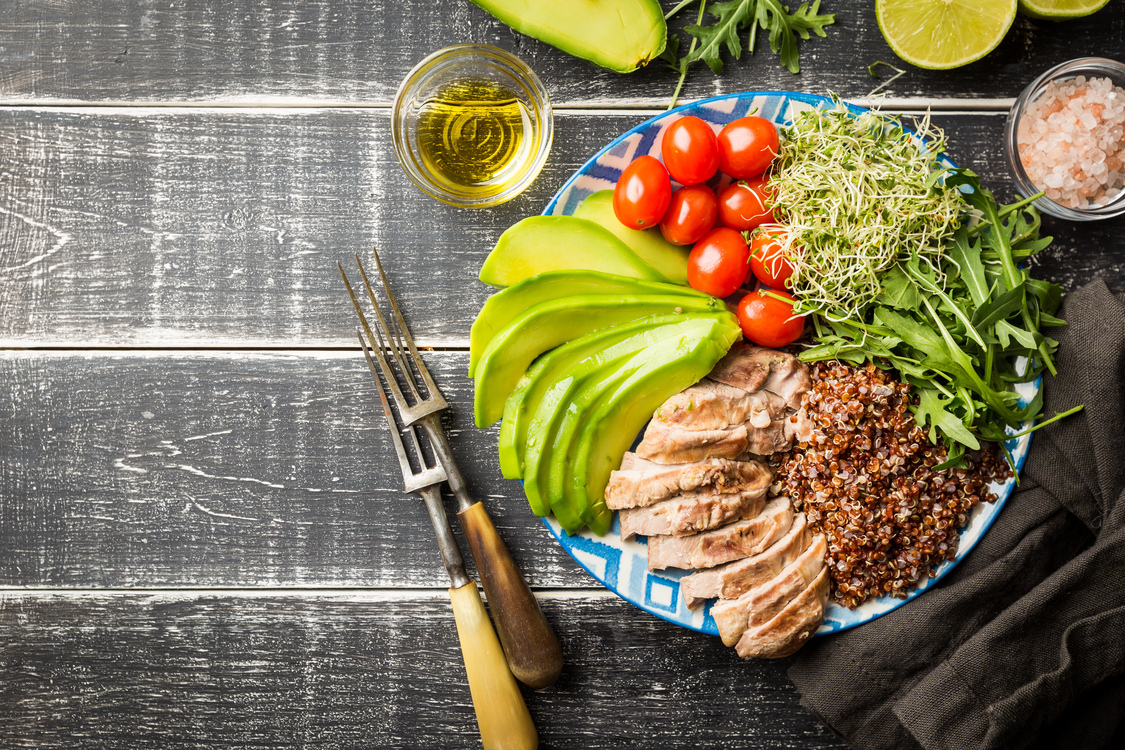All Categories
Featured
Table of Contents
-1
Across the Atlantic, nevertheless, I came across a various nutritional perspective. I have constantly envied the French. They obtain to consume all kinds of cheeses and delicious meats, smothered in rich sauces and taken pleasure in with great white wines, and yet the country has half the price of obesity as the united state
-1It's called the "French paradox." When you look at exactly how they eat, instead than what they consume, there's no mystery at all. In his publication Manger, Claude Fischler, a sociologist and anthropologist at the French National Facility for Scientific Study, compares the mindsets of his countrymen and Americans toward the act of consuming.
-1
They are mindful of the food they consume and do not snack or consume on the run. We North Americans, on the other hand, are made use of to giant sections and see the act of eating as something to be carried out as effectively as possible, whether at our workdesks, on the subway or in front of the television.
-1"I constantly eat with pleasure and no guilt," he discussed. "If I overdo it, I'll reduce back for a day or twobut I eat what I would typically consume.
Surgical Bariatrics (Baldivis 6171)
-1As we took a seat and ate together, Ppin had little portions of every little thing yet avoided from seconds. If he had a piece of Comt cheese, it was a tidbit. "If you eat slower and eat better, making the effort to taste what you place in your mouth, you consume less and enjoy it a lot more.
-1"I'll never fail to remember the initial time my mommy, that loved roast beef, came over to see. Delicious food in moderate amounts is what Ppin is persuaded aids with weight control and total health and wellness.
Weight Loss Surgery – Baldivis 6171

-1
, triggering a surge in insulin that results in more calories being stored away in fat cells (gastric sleeve). They are digested so fast that we rapidly come to be hungry once again and wind up consuming even more than we need.
-1When I had just about ended that a lot of weight-loss plans were futileat least for meI found that in some way thousands of Americans have succeeded., whose 12,000-plus enrollees have shed a minimum of 30 extra pounds and kept the weight off for a standard of six years.
-1Some ate low-fat, some consumed low-carb and some ate usually. Half participated in organized weight-loss programs, fifty percent did it on their very own.
Lap Band
-1I call it the Frank Sinatra Diet Plan: They did it their way. That made good sense to me. I decided to examine the way I have constantly eaten and fine-tune that or, if demand be, hack away at it. That indicated eliminating or drastically lowering the "typical suspects" in my diet regimen.
-1I have whatever the reverse of a pleasant tooth is, so sugar wasn't my trouble. On the various other hand, I had lots of weak points that were maintaining me plump.
-1For comparable factors, pasta became an unusual reward, as opposed to a weeknight standby. Beans, I discovered, filled the pasta space, and additionally made gratifying replacements (with fewer calories) in dishes that would certainly have as soon as consisted of a slab of meat. I quit alcohol totally since it was easier for me to abstain than to carefully check what I drank.
Weight Loss Specialist (Baldivis 6171)
-1Nobody would certainly call me svelte. I'm still significantly a work in progress, but as studies of members of the Weight Control Windows registry program, keeping the extra pounds off comes to be more effortless gradually as the behaviors needed to preserve your weight end up being automatic. That strikes me as being practically the reverse of needing willpower.
-1population over the previous twenty years. Rather, the behavior and environmental elements that conspire to generate individuals to participate in also little physical task and eat too much relative to their power expense need to take many of the blame. It is these aspects that are the target of weight-management methods.
-1In the past, behavioral techniques were applied as stand-alone therapies to merely change eating behaviors and decrease caloric consumption. A lot more just recently, these treatments have actually been used in combination with low-calorie diets, medical nourishment therapy, nutrition education, exercise programs, surveillance, medicinal representatives, and social support to advertise weight loss, and as a component of upkeep programs.
Weight Loss Coach (Baldivis 6171)

-1
Patients are asked to maintain a daily food journal in which they record what and how much they have actually consumed, when and where the food was eaten, and the context in which the food was taken in (e.g., what else they were doing at the time, what they were feeling, and that else was there).
-1Self-monitoring of food intake is usually related to a relatively prompt decrease in food intake and ensuing weight loss (Blundell, 2000; Goris et al., 2000). This reduction in food intake is thought to result from raised understanding of food intake and/or problem concerning what the dietitian or nutrition therapist will assume concerning the individual's consuming behavior.
-1The very same may be true of physical activity surveillance, although little research study has been carried out in this location. Self-monitoring also provides a means for therapists and clients to evaluate which techniques are functioning and exactly how modifications in eating actions or task are adding to weight-loss (optifast specials). Recent work has recommended that routine self-monitoring of body weight is a beneficial accessory to habits modification programs (Jeffery and French, 1999)
-1In their analysis of information from the National Weight Control Computer Registry, Klem and coworkers (1997) found that weight reduction attained through workout, reasonable weight loss, minimized fat usage, and individual behavior adjustments can be kept for extended periods of time. However, this population was self-selected so it does not represent the experience of the typical person in a private population.
Latest Posts
Be Mindful Nutrition Dietitian – Ascot
Weight Loss Specialist (Armadale 6112)
Weight Loss Treatment